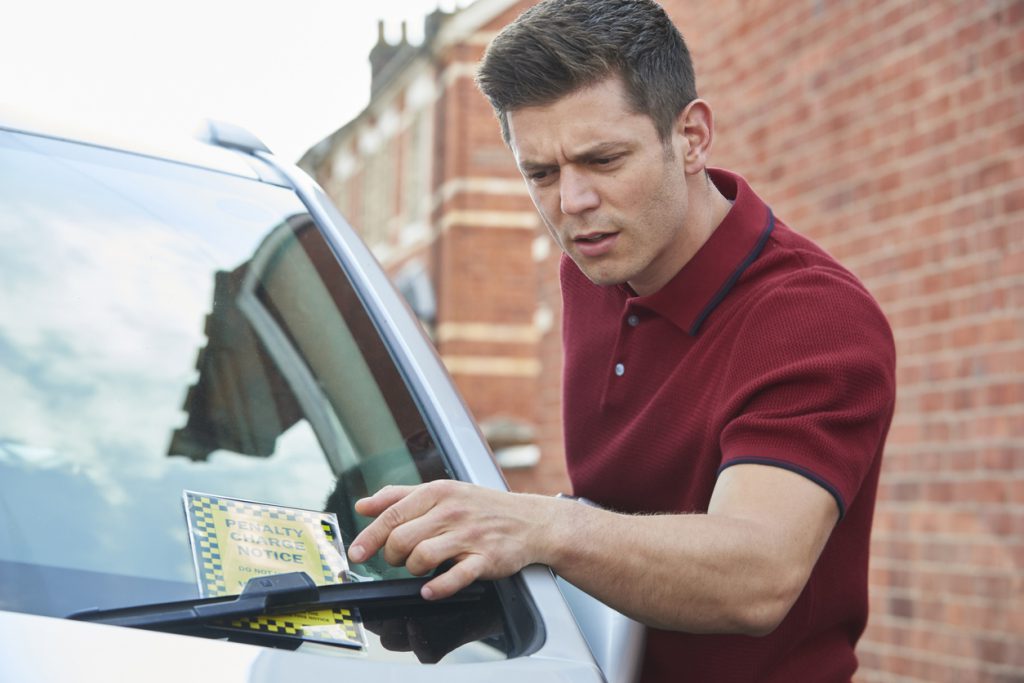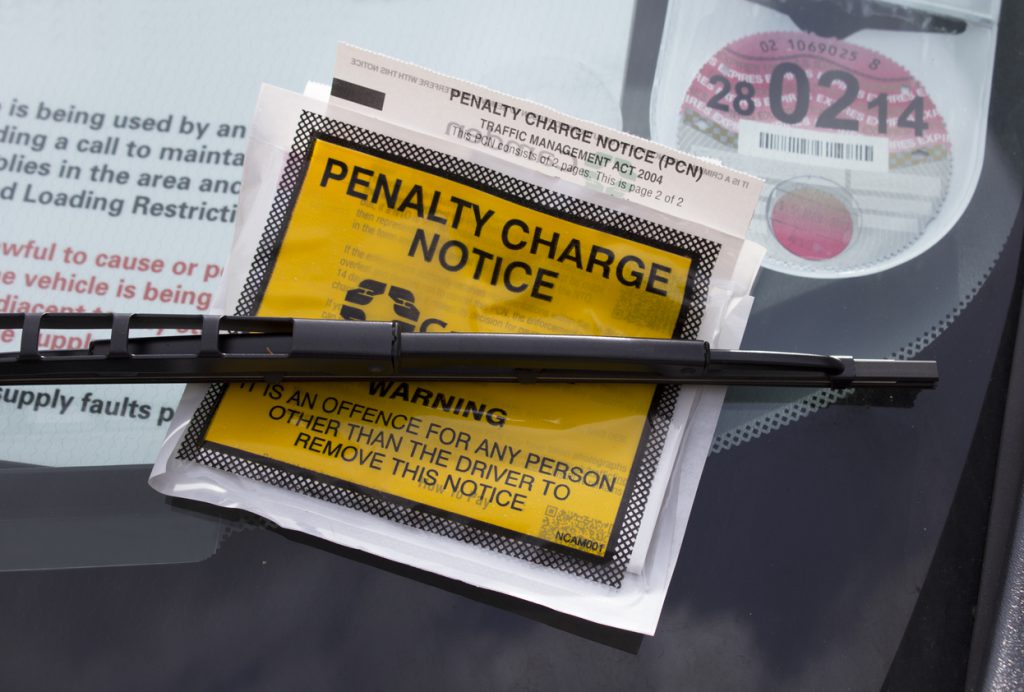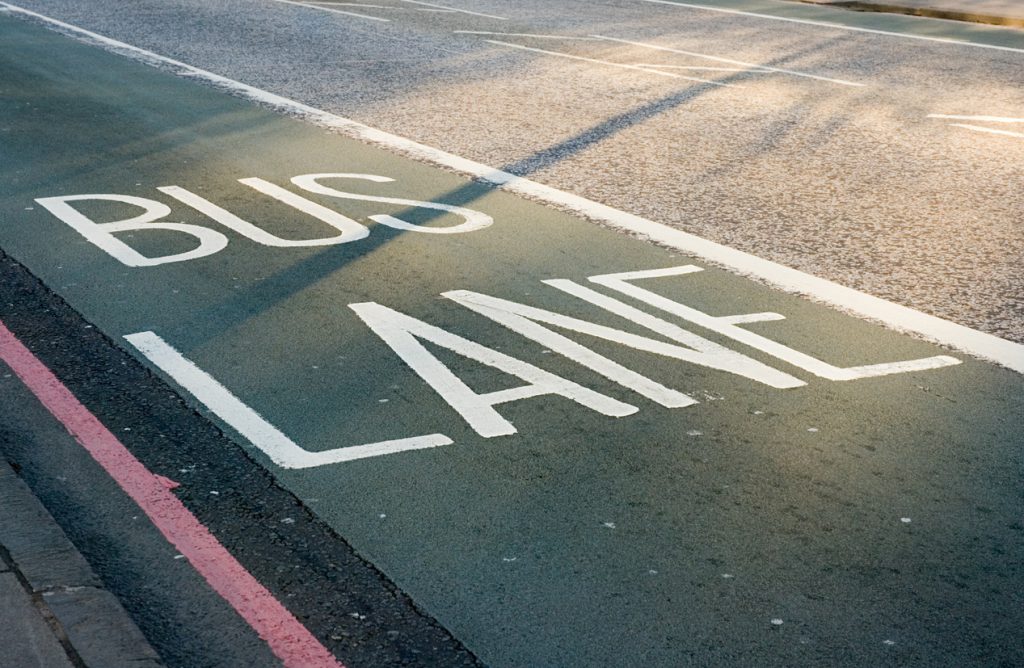
Parking fines are one of the hazards of modern-day motoring life. And even if you’re perfect at parking, local authorities enforce all sorts of things, from driving in bus lanes, using a vehicle that’s too polluting in clean air zones, to littering from vehicles.
But what happens if you receive a traffic penalty that you don’t agree with? Is it worth protesting? And if so, how do you appeal traffic penalties? We explain all.
How do you appeal traffic penalties?
If you have grounds for it, your first appeal should be to the authority that issued the penalty. There should be information on the penalty notice about how you do this.
You should normally appeal within 28 days of receiving the ticket. You do this by writing to the council with any supporting evidence. If it refuses your appeal, saying the penalty was perfectly legitimate, it should issue a Notice of Rejection letter. If you haven’t heard from the authority two months after your appeal, you should contact it to see what’s going on.
Still convinced the penalty was issued incorrectly? Don’t give up: there’s an independent body you can appeal to.
Why it’s a good idea to pursue an appeal
Most importantly, the likelihood of succeeding is pretty high. Over a five-year period, around four in 10 appeals to local authorities were overturned according to a Freedom of Information Act request from the BBC.
Of those that were thrown out by the councils, nearly two thirds (64%) of the three million parking fines that go to further appeal via the independent Traffic Penalties Tribunal (TPT) are successful. It’s the same ratio with appeals against the 1.2m penalties for driving in bus lanes.

What is the Traffic Penalties Tribunal?
The TPT is a panel of independent lawyers. To be on the panel, they must have at least five years of bar experience. They’re appointed by the Lord Chancellor of Great Britain, who in turn is chosen by the monarch.
The TPT was set up by the government to deal with the number of improperly issued parking tickets. To make it as easy as possible, 90 per cent of appeals are completed fully online. More than three quarters are resolved in less than a month.
Why are tickets overturned?
Frequently this happens because signposting or line markings are poor. So it always makes sense to take photographs of the setting of your offence if you think you have grounds for appeal. This enables you to specify poor signposting or road markings that make it difficult to know when something is being enforced.
It is up to the council to then prove that the correct signage was in place. Frequently local authorities don’t bother to contest appeals, in which case the driver automatically wins. Nearly twice as many car owners get off penalties simply because the authorities don’t contest them as have their appeals accepted by the TPT.

How many tickets are appealed?
The TPT deals with 35,000 disputed penalties every year. It then looks into the details that are supplied. In some cases it will simply overturn the penalty or decide that the driver has been caught bang to rights. In around one in 10 cases, it requires a hearing. Most of these are conducted online.
In the case of Dart Charge – the fee for the Dartford-Thurrock River Crossing – the majority of appeals (52 per cent) aren’t contested by the authority, which is the government rather than a local authority. Just 8 per cent of appeals are refused. Interestingly, there are twice as many appeals against supposed Dart Charge infringements as against Bus Lane penalties.